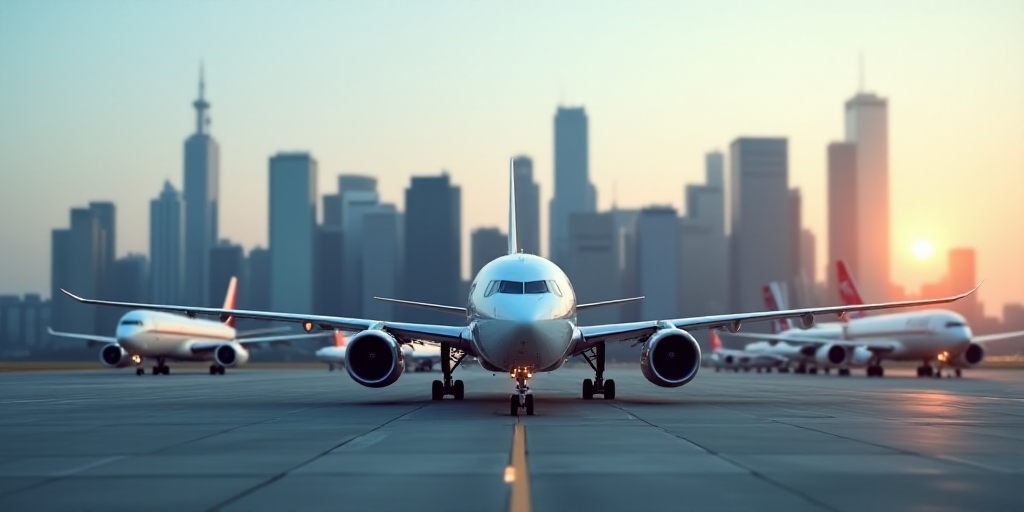Background on the Dispute
Air Canada’s approximately 10,000 cabin crew members walked off the job Saturday night at midnight, insisting that the airline had not met their demands for higher wages and ground work compensation.
The Canadian airline, which directly serves 180 destinations nationally and internationally, reported that the strike has led to flight cancellations affecting around 500,000 passengers worldwide.
Government Intervention and Legal Action
During the weekend, Federal Minister of Labour Patty Hajdu invoked a legal provision to halt the strike and push both parties towards a binding agreement.
Following the Minister’s order, the Canadian Industrial Relations Board (CIRB), a regulatory tribunal, instructed Air Canada’s workers to return to their positions by Sunday.
The union stated it would not comply with the order, forcing Air Canada to abandon plans to partially restore its air services Sunday night.
Intensifying Pressure and Court’s Decision
On Monday, the pressure from CIRB increased.
The court ordered the union to “resume work immediately” and refrain from engaging in illegal strike activities, according to Air Canada.
Moreover, the court requested the Canadian Public Service International Union (the cabin crew’s union) to inform its members that they must “resume work” before 12:00 PM local time (16:00 GMT), as per the airline.
Air Canada’s Offer and Union’s Response
On Thursday, Air Canada detailed the agreement it offered to cabin crew members, stating that an upper-tier cabin attendant could earn an average salary of CAD 87,000 (approximately USD 65,000) by 2027.
However, the union argued that Air Canada’s offer was “below inflation” and “below market value“.
Key Questions and Answers
- Who are the parties involved? The dispute is between Air Canada and its approximately 10,000 cabin crew members represented by the Canadian Public Service International Union.
- What was the initial demand of the cabin crew? The cabin crew demanded higher wages and better compensation for ground work.
- What legal action was taken by the government? Federal Minister of Labour Patty Hajdu invoked a legal provision to halt the strike and push both parties towards a binding agreement.
- What was Air Canada’s proposed salary offer? Upper-tier cabin attendants could earn an average salary of CAD 87,000 (approximately USD 65,000) by 2027.
- Why did the union reject Air Canada’s offer? The union claimed that Air Canada’s offer was “below inflation” and “below market value“.
- What was the outcome of the court’s decision? The Canadian Labour Tribunal declared the strike illegal and ordered the union to resume work immediately.






